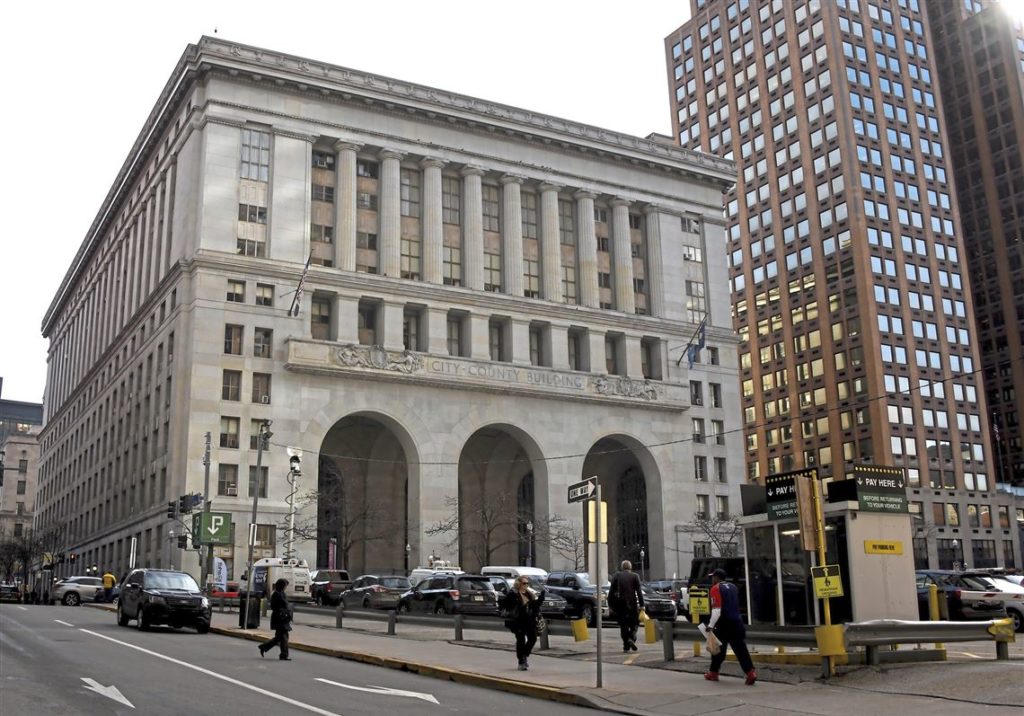
The following is FAIR’s response to a motion by the Allegheny County Council urging schools in the county to include Critical Race Theory in their curriculum. The motion reads:
“Motion of the Council of Allegheny County urging school districts within Allegheny County to include Critical Race Theory perspectives in their curriculum as a means of providing students with an additional tool for comprehensively evaluating the role of race and racism in society.“
FAIR’s response is below.
In a motion passed on July 13th, the Allegheny County Council moved to urge school districts within Allegheny County to include Critical Race Theory (CRT) in their curriculum, purportedly to provide students with tools for comprehensively evaluating the role of race and racism in our society. Though this motion is symbolic and does not mandate curriculum, we have substantial concerns about the motion and what we consider the divisive and regressive ideology underlying CRT. We call for the boards to engage in careful, open-minded scrutiny of these proposed changes.
We implore school boards within Allegheny County, before they incorporate CRT into curriculum, to examine and reach a full understanding of the kinds of materials and component ideas that will actually be used to teach it. Towards this end, we ask that any school board considering this motion move forward with complete transparency, carefully examining and sharing materials that will be used and providing an opportunity for feedback and discussion with community members before implementation. The motion, proposed by council-women Olivia Bennett and Bethany Hallam, presents CRT as a benign and scholarly attempt to understand the causes and implications of racism in society. Elements of CRT are indeed meaningful and productive, such as the commitment to broadening the voices represented in the teaching of history. However, we also believe that the underlying theory in practice promotes race essentialism, fixating on our differences and presenting a skewed, negative version of history that focuses on flaws and failings and mostly ignores the
success and progress our nation has made.
By contrast, we support the teaching of a fuller, more balanced history of our nation, including but not limited to its flaws and failings. The nation’s founders, for example, were far from perfect, but they also enshrined the concepts of the unalienable rights for all individuals. We
support a balanced teaching of this history that invites students to think about, discuss and debate the relationship between the ideals of America’s founding and the horrors of the enslavement of African men, women and children.
In our view, CRT-based teaching often encourages discrimination based on immutable characteristics like skin color. One of the most well-known proponents of this theory is Boston University scholar Ibram X. Kendi, who once wrote: “the only remedy to past discrimination is
present discrimination. The only remedy to present discrimination is future discrimination.” These words and many more from the actual presentations, literature and practices of the theory, arouse serious concerns. We believe that we must reaffirm the pro-human principles of fairness, equality, and shared humanity captured so beautifully in the teachings of Martin Luther King, Jr. We optimistically look to our common humanity as a way to protect the civil rights and liberties for all Americans.
We recognize that our perspective, like Ms. Bennett and Ms. Hallam’s and like Professor Kendi’s, is but one. Above all, we think that the school boards should consider multiple perspectives from the community and beyond and examine the foundational teachings of the
theory for themselves before making a decision. Moving forward, we request that our students’ curricula be discussed in a transparent manner with the opportunity for community consultation and feedback before implementation.
Additionally, we call on our school districts to promote diversity, equality, and inclusion (DEI) in a manner that respects the dignity and unique personality of all students. Woven into our American culture is our optimism and our commitment to continued progress through
challenges. To face those challenges now, we urge our school districts to embrace pro-human, liberal ideals of fairness, equality, and shared humanity, and to commit to an open-minded discussion of any proposed changes.
Image from post-gazette.com
Image from post-gazette.com